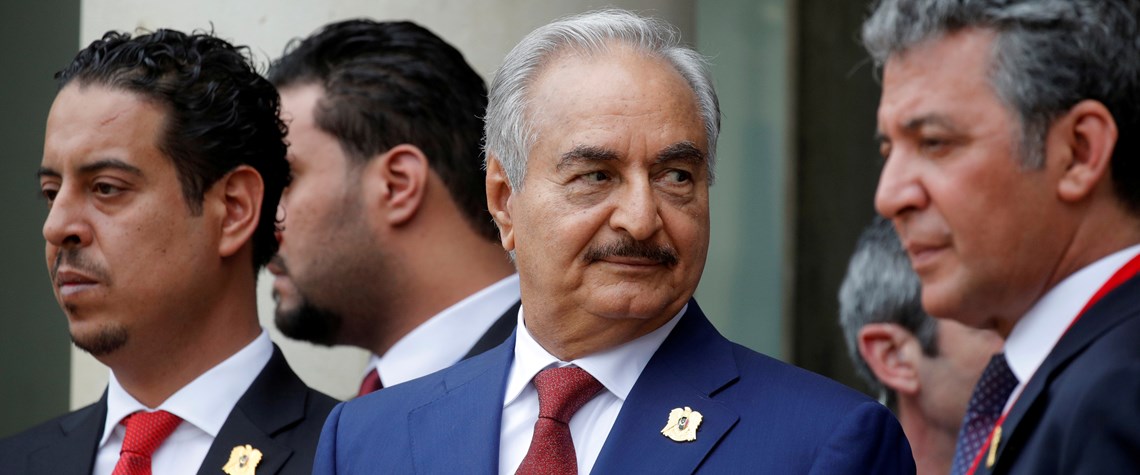Oil revenue access drives conflict
General Khalifa Haftar's LNA is battling the GNA for control of Tripoli. But what are his options and what are the longer-term implications for the oil sector?
Haftar's Libyan National Army (LNA) — long a regional hegemon, with a smattering of allies in other parts of the country — has in 2019 made a concerted attempt to become a truly national force. Haftar has a core support base in eastern Libya, where the LNA has been fighting under a counter-terror narrative since 2014. Through careful coalition building, he has gradually cemented the support of most communities in the east, as well as the eastern branches of Libya's main political and economic institutions, including the parallel government based in Bayda. In recent months, the LNA has expanded its reach into southern Libya and has also gained more allies in the western region. Due to these r

Also in this section
26 July 2024
Oil majors play it safe amid unfavourable terms in latest oil and gas licensing bid rounds allowing Chinese low-ball moves
25 July 2024
Despite huge efforts by India’s government to accelerate crude production, India’s dependency shows no sign of easing
24 July 2024
Diesel and jet fuel supplies face a timebomb in just four years, and even gasoline may not be immune
23 July 2024
Rosneft’s Arctic megaproject is happening despite sanctions, a lack of foreign investment and OPEC+ restrictions. But it will take a long time for its colossal potential to be realised







